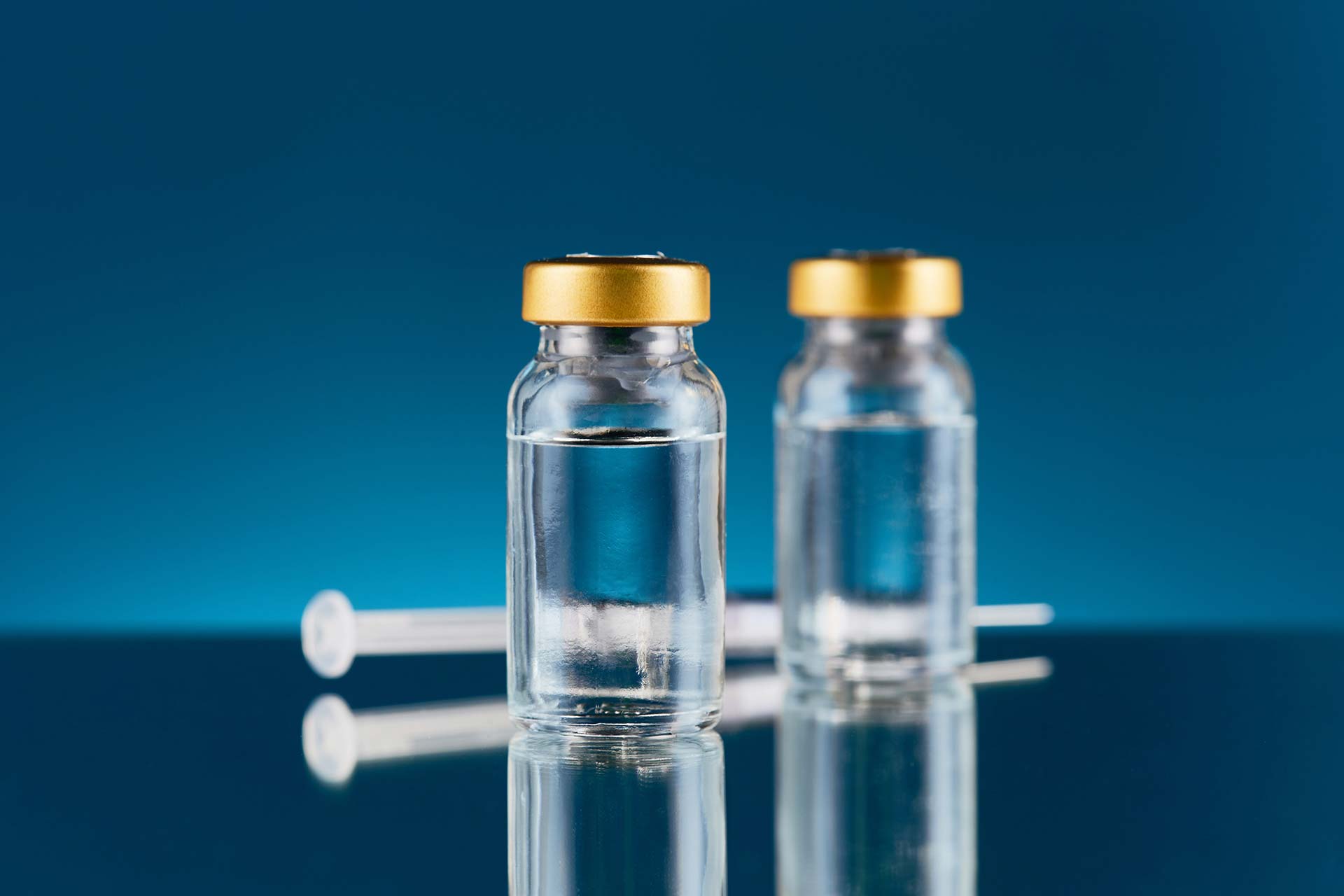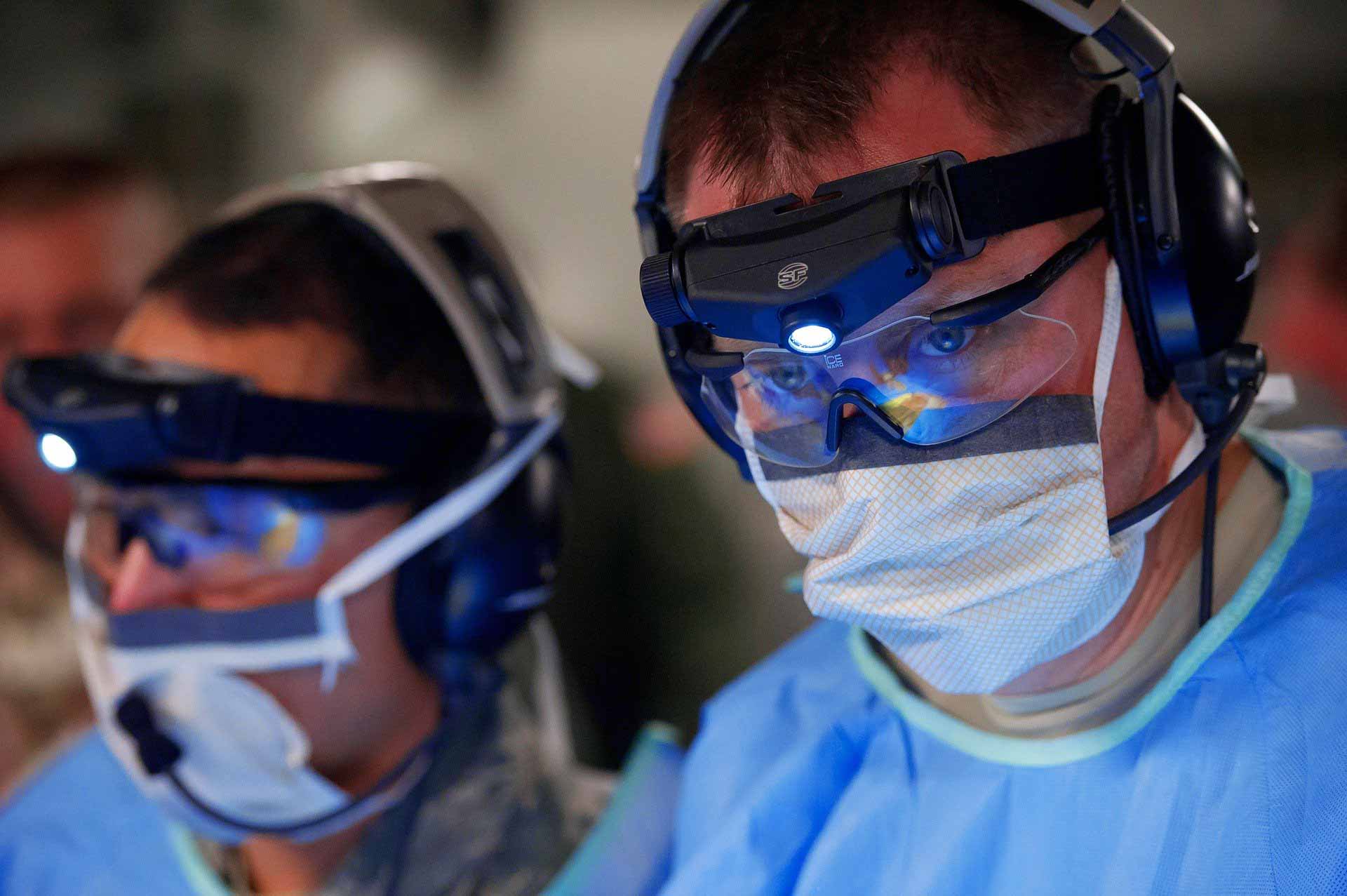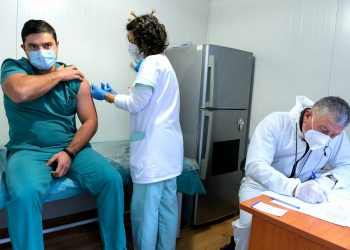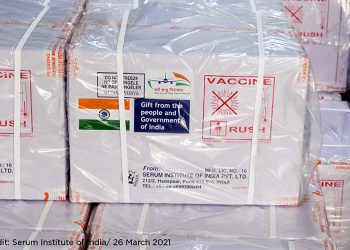The COVID-19 China vaccine got the WHO green light for global rollout, potentially paving the way for its use in underserved countries, the World Health Organization (WHO) announced last Friday. The UN agency has approved the Sinopharm vaccine for emergency use, which is a prerequisite for inclusion in the global vaccine solidarity initiative, COVAX.
The vaccine is easy to store, making it suitable for locations with limited resources, and proved 79 per cent effective in clinical trials. “The addition of this vaccine has the potential to rapidly accelerate COVID-19 vaccine access for countries seeking to protect health workers and populations at risk”, said Dr Mariângela Simão, WHO Assistant-Director General for Access to Health Products. “We urge the manufacturer to participate in the COVAX Facility and contribute to the goal of more equitable vaccine distribution.”
A vaccine first
The Sinopharm vaccine is produced by Beijing Bio-Institute of Biological Products Co Ltd, a subsidiary of China National Biotec Group (CNBG). It is the first vaccine to carry a vaccine vial monitor. The vials have a small sticker that changes colour as the vaccine is exposed to heat, so health workers know whether it can be safely used.
The vaccine is recommended for adults 18 and older, with a two-dose schedule spaced over a period of three to four weeks. Although few people over 60 participated in the clinical trials, WHO did not recommend an upper age limit for use as data suggests the vaccine is likely to have a protective effect in older persons.
Safely expediting China vaccine
WHO emergency use listing (EUL) allows countries to expedite their own regulatory approval to import and administer COVID-19 vaccines. The EUL process assesses the suitability of new medicines, vaccines and diagnostics during public health emergencies.
The goal is to make them available as rapidly as possible, while maintaining strict criteria of safety, efficacy and quality. The Sinopharm vaccine is the sixth to receive the EUL approval. The others are by Pfizer/BioNTech, Astrazeneca-SK Bio, Serum Institute of India, Janssen (Johnson & Johnson) and Moderna.
There are hundreds of institutions developing COVID-19 vaccines. There are many different types according to the technology being used, such as inactivated vaccines, recombinant vaccines, vector vaccines and nucleic acid vaccines. At present there is no evidence to conclude which vaccine is better. All COVID-19 vaccines approved for use are effective at preventing the disease. The vaccines given to priority groups in China are inactivated vaccines.
China has started offering free shots of COVID-19 vaccines among some key groups of individuals, and will expand the range to others as more vaccines become available. Here we’ve provided answers to commonly asked questions about COVID-19 vaccines.















